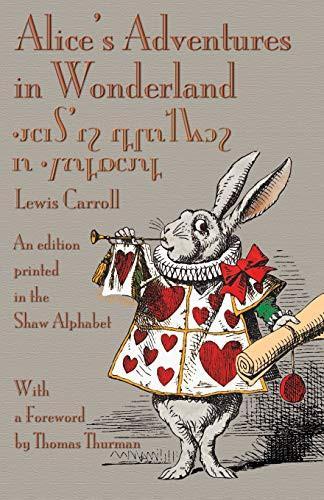Attaboy started reading Pride and Prejudice (Shavian Alphabet Edition) by Jane Austen

Jane Austen, Hugh Thomson, Ed Greville, Ed Greville: Pride and Prejudice (Shavian Alphabet Edition) (2019, Shavian.info)
Pride and Prejudice (Shavian Alphabet Edition) by Jane Austen, Hugh Thomson, Ed Greville, and 1 other
Pride and Prejudice is an 1813 romantic novel of manners written by Jane Austen. The novel follows the character development …









